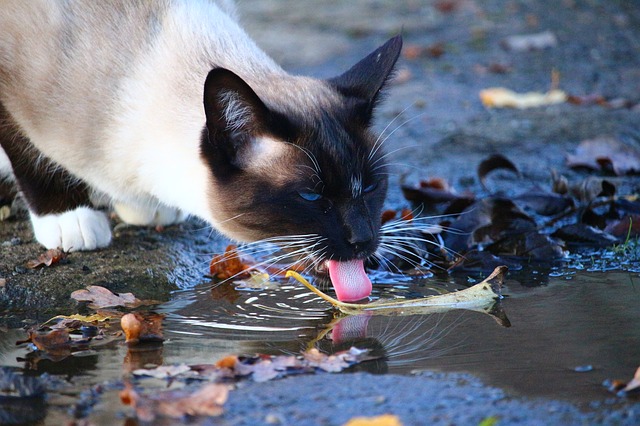
As the weather gets colder, the use of antifreeze in the mornings is going to become more frequent. In turn, this means that there is a higher chance of your pet accidentally ingesting antifreeze, as when it drips out of car radiators the liquid often runs into puddles that your pet may drink. Even the smallest amount of antifreeze can have a severe impact on your pet’s health, with smaller pets being particularly vulnerable. This means that, in order to avoid fatalities, it is of vital importance that you are able to spot the signs of antifreeze poisoning in your pet.
What Does Antifreeze Do?
It is the toxin ethylene glycol in antifreeze that makes it so dangerous to pets. Ethylene glycol, from the moment that it is consumed, will begin to damage your pet’s kidneys, even if it is only a small amount. The longer your pet is left untreated, and the more antifreeze they consume, the more likely it is that their kidneys will begin to fail- which, in turn, causes further health issues and can result in death.
What Are The Signs?
It is not so easy to prevent your pet from consuming antifreeze if it has run into puddles outside. This makes it essential that you know the key symptoms of antifreeze poisoning in order that you can take them to a vet as quickly as possible. Key symptoms and signs of antifreeze poisoning include:
- Signs of drunken behaviour- This may include instability when standing and a lack of coordination
- Vomiting or Diarrhoea- Your pet’s body may naturally try to reject the toxin itself either through vomiting or diarrhoea
- Rapid heartbeat and breathing
- Excessive thirst and/or urination
- Lethargy
- Seizures or shaking
Symptoms of antifreeze poisoning may become apparent as soon as 30 minutes after consumption, and often appear in stages, which will develop faster or slower depending on the size of your pet and the amount of antifreeze consumed. Of course, many of these symptoms are not exclusively signs of antifreeze poisoning, but you should still take your pet to a veterinary professional as quickly as possible if you notice any of them.
What Steps Should You Take?
Antifreeze poisoning presents such a serious threat to the health of pets that they must be taken to the vets immediately if you suspect that they have ingested the poison.